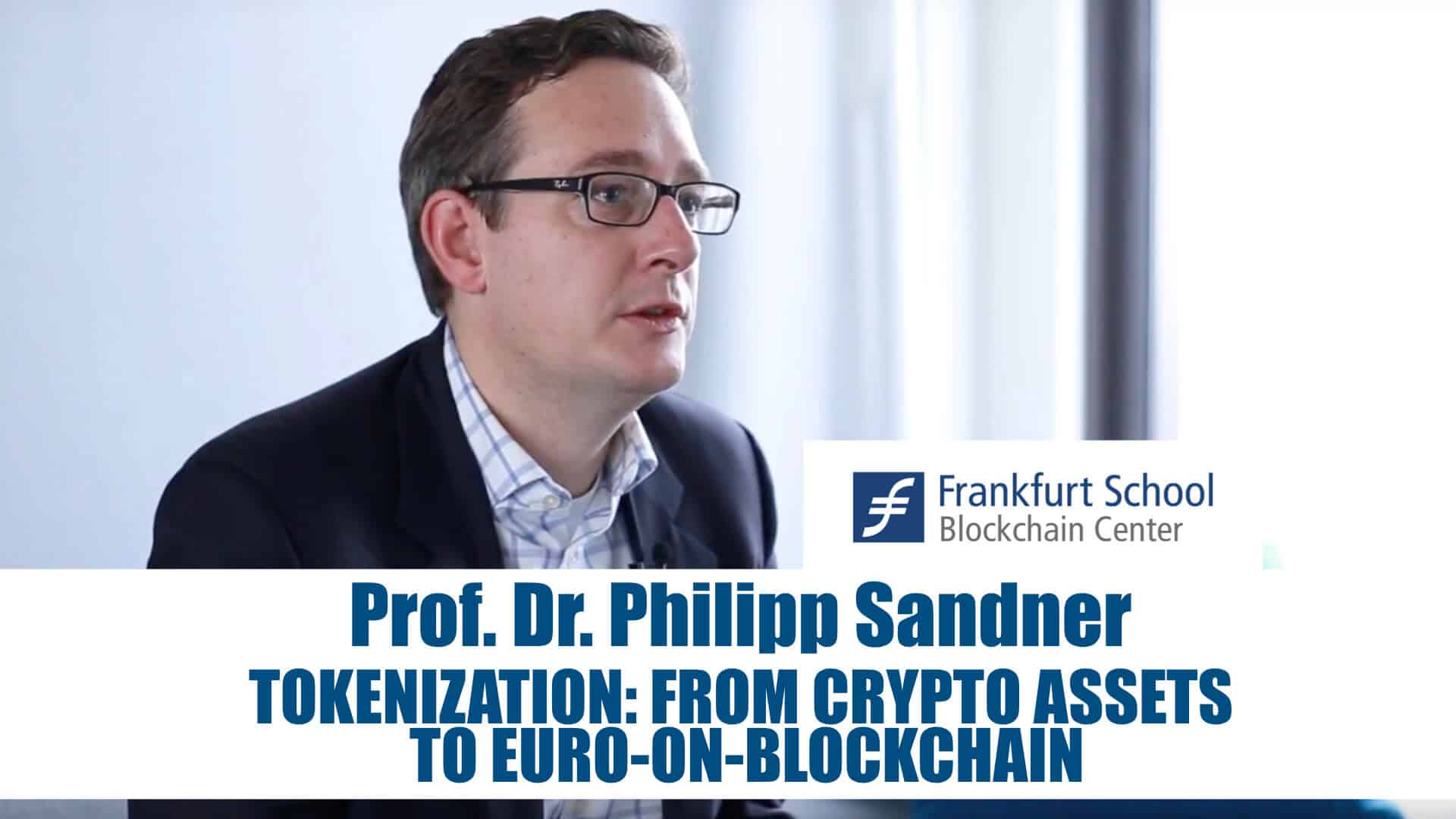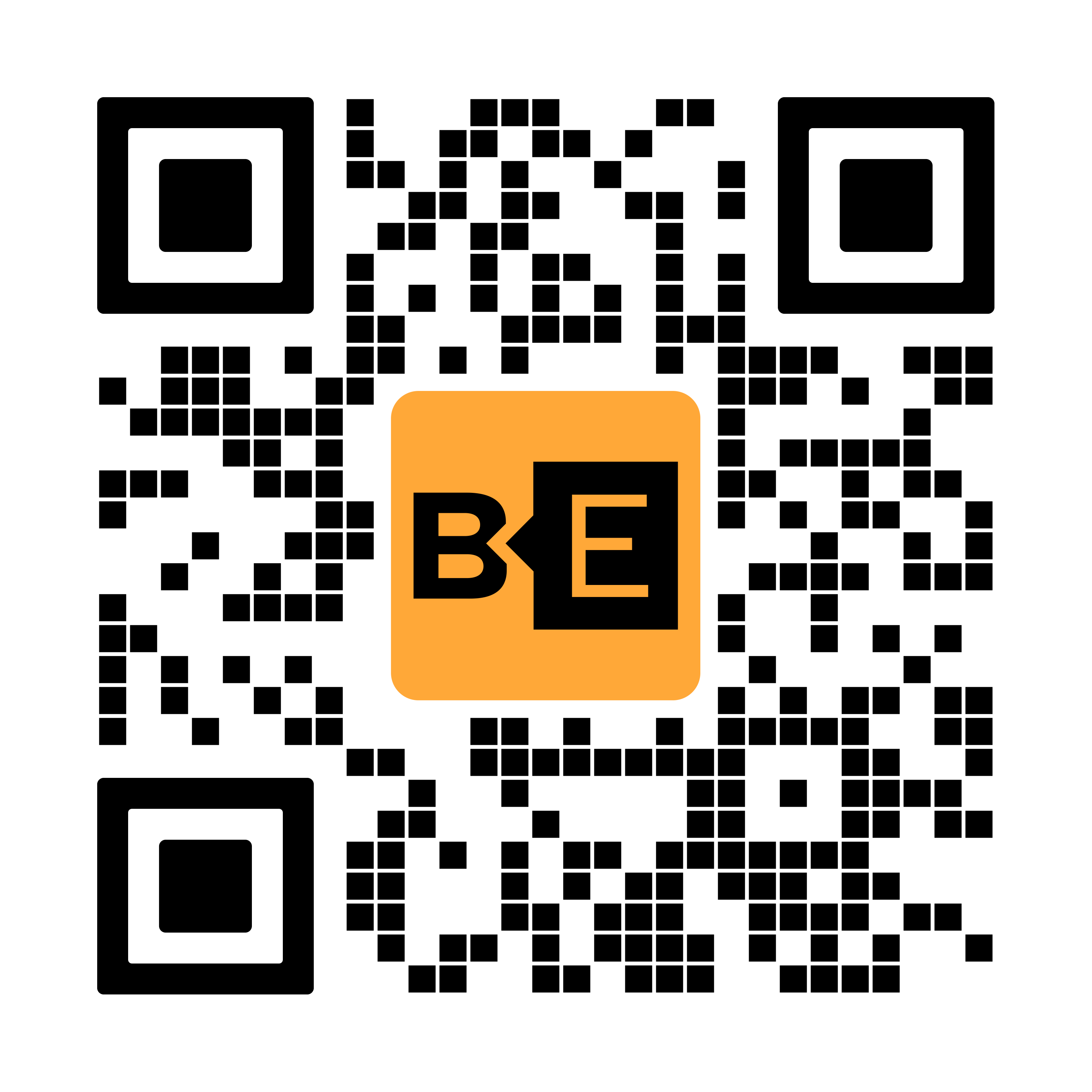Tokenization: From Crypto Assets to Euro-on-Blockchain
Once the financial infrastructure is created for more effective value transfers, many positive spill-over effects will follow. This course explains the principle of tokenization, Euro-on-Blockchain (“Digital Euro”), applications of smart contracts, standardization of token markets. Also, a specific focus is made on the Liechtenstein Blockchain Act. Based on this framework, any right can be “tokenized” which enables the basis for future business models of the digital economy (e.g. tokenization of machines; fractional ownership; portfolios of tokenized assets).
The course deals with the transformation the financial sector is going to face with the blockchain technology. Not only will structural changes and their benefits be explained in the light of recent developments such as the Liechtenstein Blockchain Act, the interactions between smart contracts and tokens as well as business model perspectives resulting from them will be taken into account. Smart contract platforms, tokenization and tomorrows flow of money and resulting opportunities from those and the DLT infrastructure in general are covered, too.
This course is optimal for those who have an interest in the future of finance and its implications for other fields.
Learning objectives:
- Understanding smart contracts and their potential on an abstract level
- Understanding recent developments (Liechtenstein Blockchain Act, Germany’s Blockchain Strategy, Euro-on-Blockchain, tokenization of all kind of assets, tokenization of machines; fractional ownership; portfolios of tokenized assets, etc.)
- Provide a basic knowledge about overarching topics which enable you to stay up-to-date
- Understanding the importance of the ways we transact money and the changes made to it
Why should you take this course?
- The larger part of companies will be affected in some way by the transformation that we are about to face (e.g. Euro-on-Blockchain)
- Contents are explained generally and without a specific expertise focus, yet with highly detailed information
- Additional material (quizzes and a literature collection) is included in order to deepen your understanding of the topics at hand
- Learning from the most experienced and brightest heads in the field is an opportunity to seize!
Lecturer
Prof. Dr. Philipp Sandner is head of the Frankfurt School Blockchain Center (FSBC) at the Frankfurt School of Finance & Management. In 2018, he was ranked as one of the “Top 30” economists by the Frankfurter Allgemeine Zeitung (FAZ), a major newspaper in Germany. Further, he belongs to the “Top 40 under 40” — a ranking by the German business magazine Capital. The expertise of Prof. Sandner, in particular, includes blockchain technology, crypto assets, distributed ledger technology (DLT), Euro-on-Ledger, initial coin offerings (ICOs), security tokens (STOs), digital transformation and entrepreneurship.
- Sandner, P., Groß, J. (2019): Education in Blockchain and DLT: How to Acquire the Necessary Knowledge with a Workload of 10 Working Days.
- Sandner, P., Groß, J. (2019): Liechtenstein Blockchain Act: How can nearly any right and therefore any asset be tokenized based on the Token Container Model?.
- Sandner, P. (2019): Germany on Chain: National Blockchain Strategy Released — Bitcoin Yes, Libra No.
- Sandner, P., Groß, J. (2019): Priorities for Europe and Germany: Both, the Euro and identities should run on the blockchain.
- The Government of Liechtenstein (2019): Liechtenstein Blockchain Act
- Valenta, M., Sandner, P., (2017): Comparison of Ethereum, Hyperledger Fabric and Corda, FSBC Working Paper.
- International Token Standardization Association (v2019): Setting Standards for Global Token Markets
- Sandner, P., Ketz, C. (2016): Market standards for the global token economy
- Dieterich, V., Ivanovic, M., Meier, T., Zäpfel, S., Utz, M., Sandner, P. (2017): Application of Blockchain Technology in the Manufacturing Industry
- Schmidt, K., Sandner, P. (2017): Solving Challenges in Developing Countries with Blockchain Technology
- Higgins, M., Sandner, P. (2019): Blockchain Business Models for Autonomous IoT Sensor Devices
Ratings and Reviews

- 7 Kapitel
- 19 Lektionen
- 4 Stunden
- Englisch



